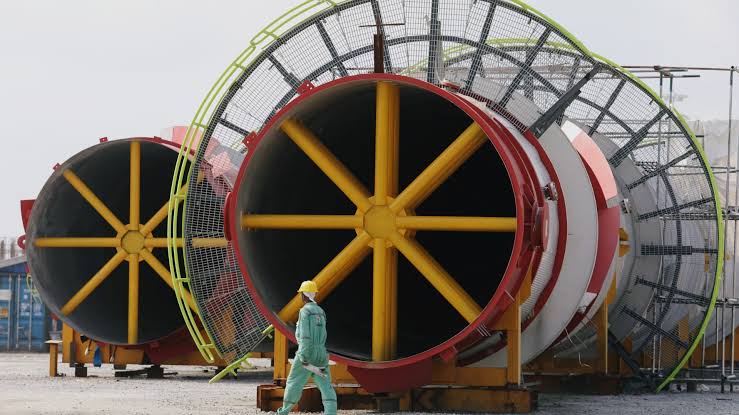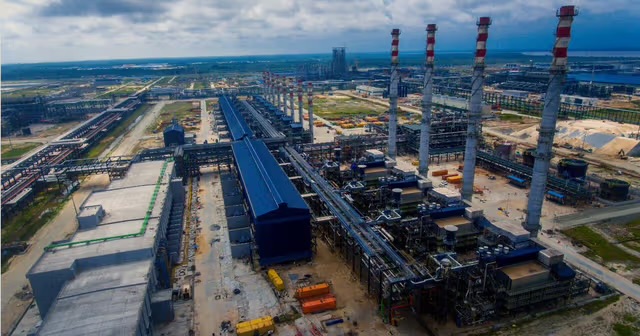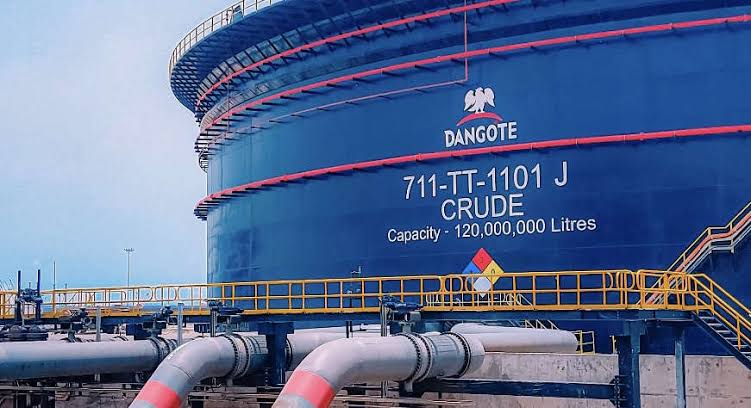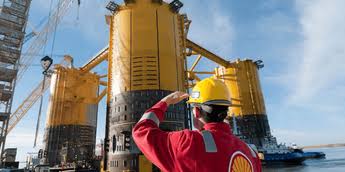
Faith Nyasuguta
Nigeria’s $20 billion Dangote refinery, the largest in Africa and a key player in global fuel markets, is facing fresh operational challenges. Industry monitors have revealed that the refinery’s gasoline unit could remain offline for two to three months due to major repair work.
The problem stems from the 204,000-barrel-per-day Residue Fluidised Catalytic Cracking Unit (RFCCU), which has been shut down since late August following reports of catalyst leaks. While the refinery is aiming for a September 20 restart, experts warn that significant equipment replacements may stretch the outage well beyond the initial timeline.
The news has rattled fuel traders, as the Dangote facility has already become a significant player in global gasoline flows despite only beginning crude processing in January 2024. A gasoline trader summed up market concerns bluntly: “This just adds fuel to the fire.”

The timing is particularly sensitive. With several Middle Eastern refineries also undergoing maintenance or facing outages, supply tightness has pushed gasoline markets upward. U.S. gasoline futures crack spreads surged nearly 13% this week, reaching their highest since August, while profit margins in Northwest Europe jumped 23% to $19.31 per barrel – the strongest levels since June.
The stakes are high because the Dangote refinery has been reshaping trade flows across multiple continents. Before its operations began, Nigeria imported the bulk of its fuel needs, with the EU and UK supplying close to 200,000 barrels per day. That figure has now dropped to about 120,000 barrels daily in the first half of 2025.
Meanwhile, the refinery has begun sending exports beyond Africa. In June, it shipped 90,000 metric tons of gasoline to Asia, marking its first cargo to the region. More recently, it loaded two gasoline cargoes bound for the U.S. East Coast – set to arrive in New York later this month – demonstrating its ability to meet strict American fuel standards.

The refinery’s growing global role makes any disruption more than just a Nigerian problem. Analysts note that the shutdown could ripple through energy markets, tightening supplies and inflating costs worldwide. For Nigeria, however, the stakes are even higher. The Dangote refinery was designed to cut the country’s dependence on costly fuel imports, save billions in foreign exchange, and stabilize domestic supply.
Now, with its gasoline unit facing extended downtime, the refinery must prove it can overcome teething troubles and deliver on the lofty expectations pinned to Africa’s biggest industrial project.
RELATED:








